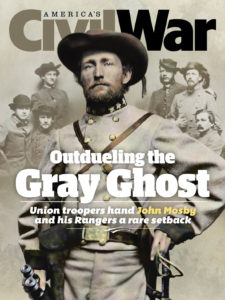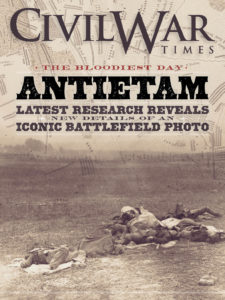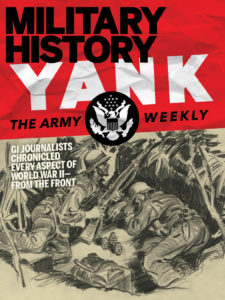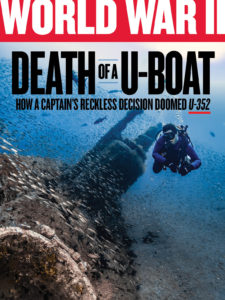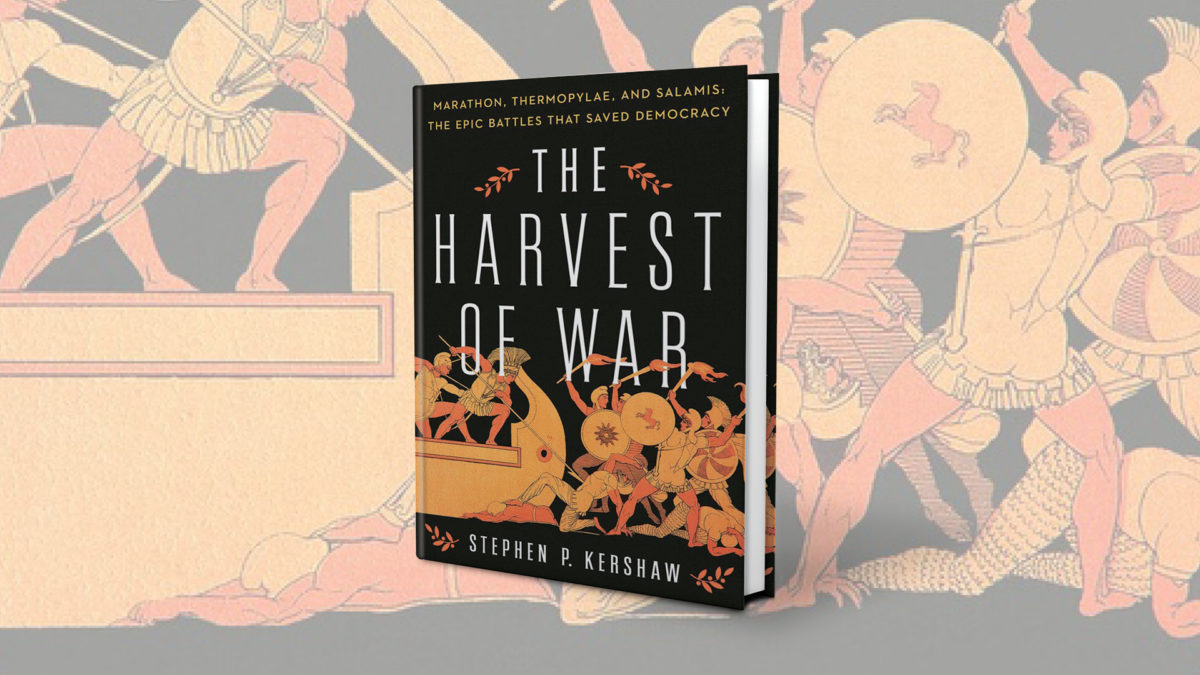Although ancient Greece wasn’t much of a democracy, its rich cultural life prefigured all of Western civilization, so it remains a scholarly obsession. In “The Harvest of War: Marathon, Thermopylae, and Salamis: The Epic Battles that Saved Democracy,” British historian Kershaw will surprise no reader by coming down heavily on the side of Greece in its spectacular victories during two invasions from Persia.
Ancient rulers were, above all, warriors, and the most ambitious picked fights with neighbors, expanding their realms into empires that grew until other ambitious rulers outfought them. By the sixth century B.C., Persia ruled the largest empire in the Western world, extending from South Asia to the Nile to the Aegean Sea.
Kershaw reminds readers that a flourishing Hellenic civilization had spread from the collection of statelets and cities on the Greek mainland throughout the Mediterranean, including the western coast of today’s Turkey, then ruled by Persia. Between 499 and 494 B.C., Persian forces crushed a rebellion in the Greek cities of Asia Minor. Aware that forces from Athens and other cities beyond his border had aided the rebels, Emperor Darius decided to take action.
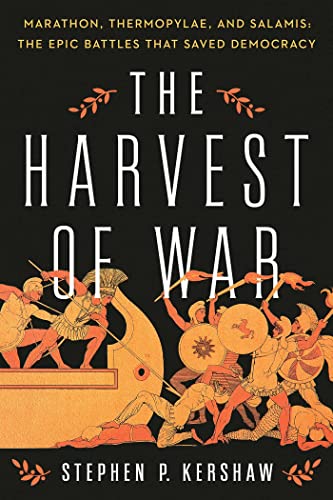
The Harvest of War: Marathon, Thermopylae, and Salamis: The Epic Battles that Saved Democracy
by Stephen P. Kershaw, Pegasus Books, Cambridge, U.K., 2022
If you buy something through our site, we might earn a commission.
In 490 B.C., he sailed a huge army across the Aegean that debarked at Marathon to face a smaller mostly Athenian force — minus its Spartan allies, who were delayed by a religious festival. For reasons scholars still debate, they decided not to wait but attacked and won. Ten years later Darius’s son, Xerxes, tried again and managed to destroy Athens after defeating the Spartans at Thermopylae, but lost at Plataea after his fleet was destroyed at Salamis.
Kershaw writes well, although, following an odd tradition, he quotes uncritically the torrent of omens that ancients took seriously before great events. His descriptions of the actual battles are the weakest parts of a compelling history because, he frankly admits, no one knows what actually happened. None of the ancient historians who describe it were eyewitnesses, and their accounts are sketchy, contradictory and, since all were Greek or Roman, biased.
A final, entertaining chapter summarizes how later observers viewed the period. In today’s Iran, observers express outrage at the racism and ugly stereotypes in fictional portrayals of ancient Persians and add that, to its titanic empire, events along a distant frontier were trivial skirmishes comparable to scuffles with the Indians as American settlers pushed west. It’s perhaps noteworthy that, during the 1941 invasion of Greece, when Nazi forces routed Allied defenders around Thermopylae, propagandists portrayed their forces as modern Spartans winning immortality against barbarian hordes.
historynet magazines
Our 9 best-selling history titles feature in-depth storytelling and iconic imagery to engage and inform on the people, the wars, and the events that shaped America and the world.

